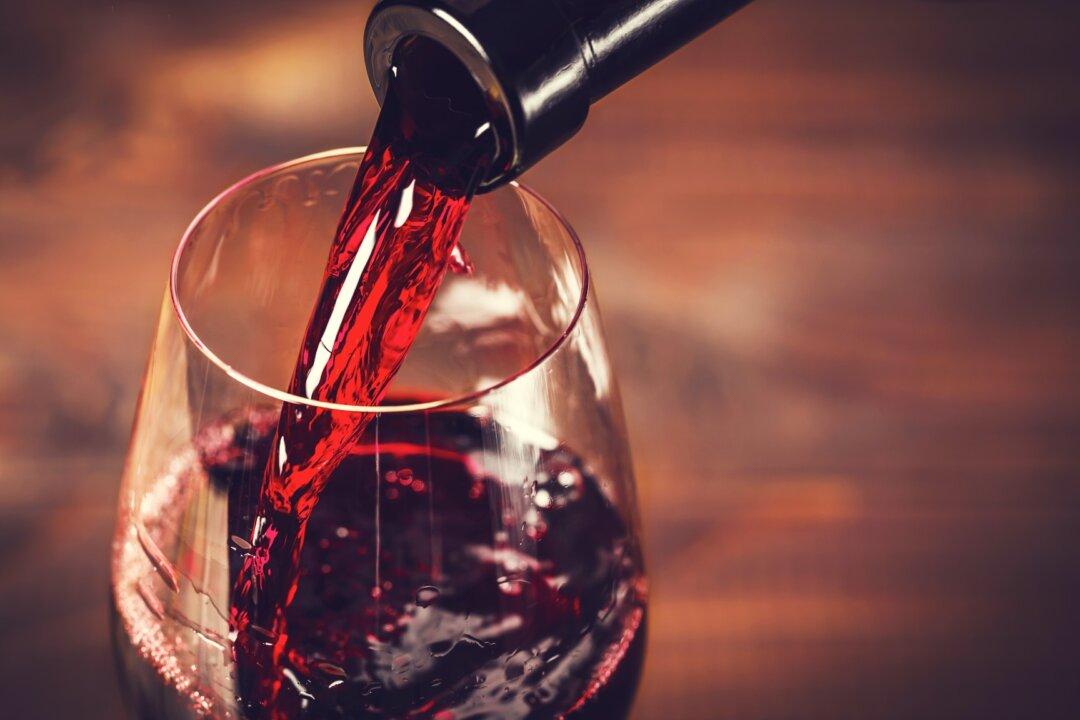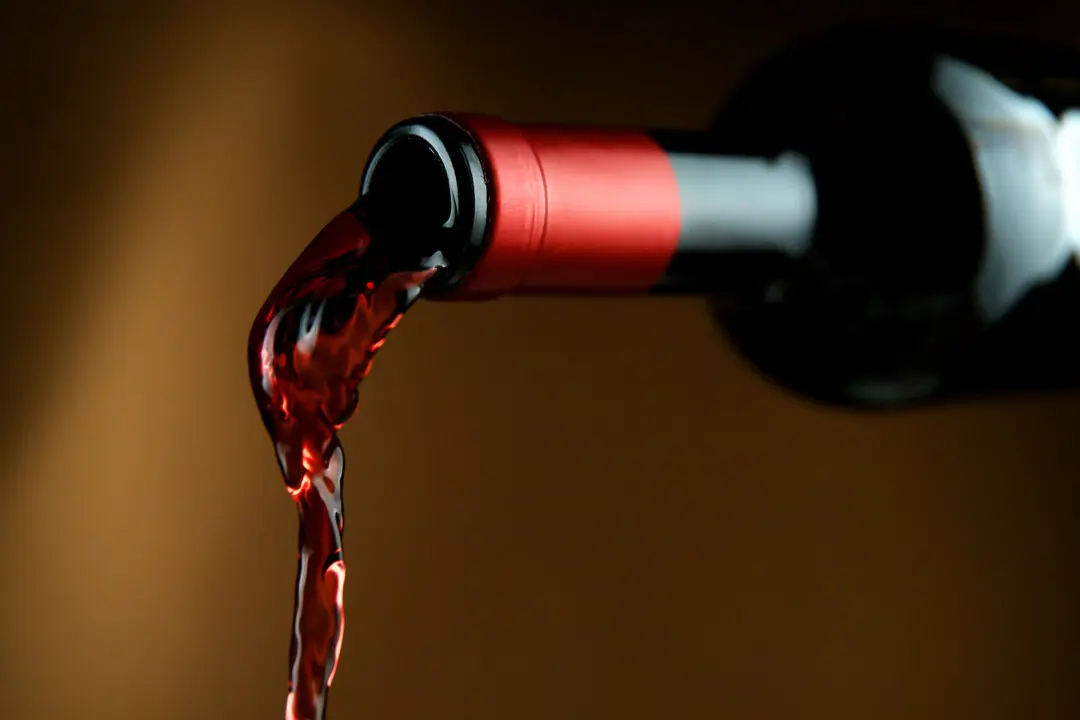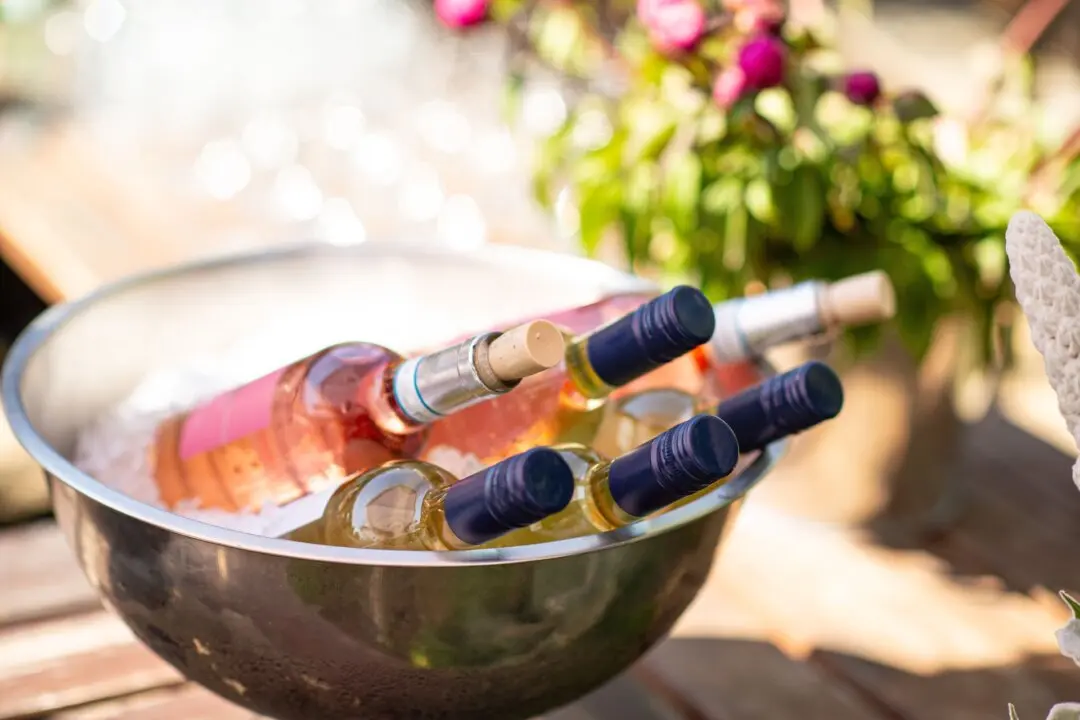One of the most enduring myths of red wine is that the older it gets, the better it is.
Where this erroneous line comes from is buried in history, but it’s likely no true wine lover came up with it. Most wine lovers know that certain wines age nicely for decades, but most red wines are best within a few years of their vintage, if not immediately.





